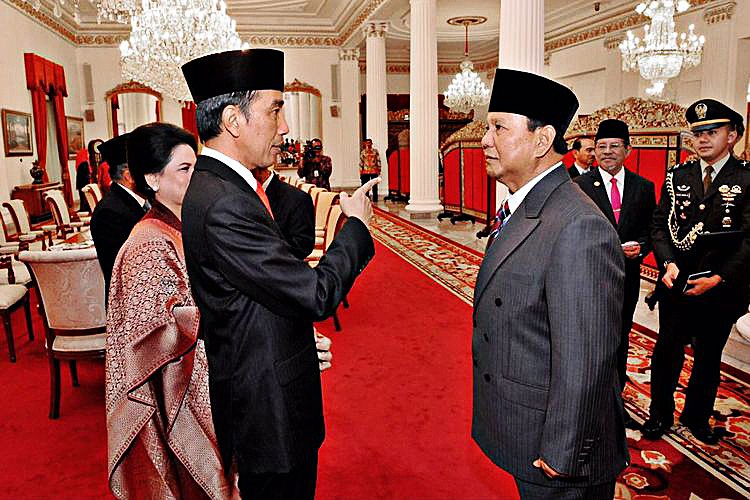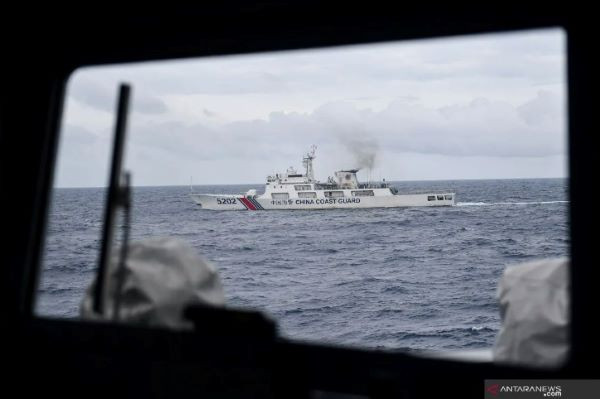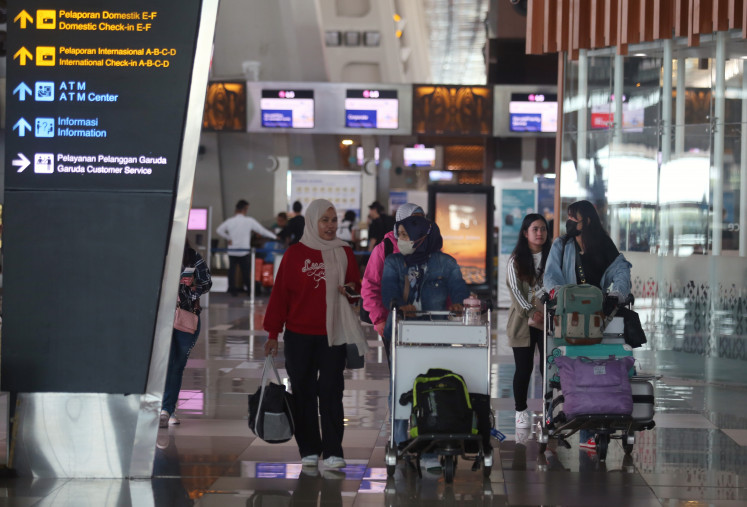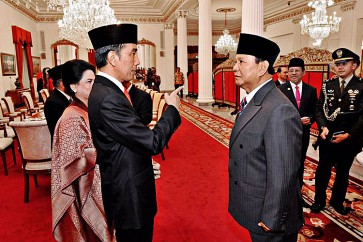Jokowi and political rivalries ahead of 2019 election
With the presidential election less than one-and-ahalf years away the electoral battle has already begun.
Change Size
 Strongest competitor: President Joko (Courtesy of the Presidential Office/Agus Suparto)
Strongest competitor: President Joko (Courtesy of the Presidential Office/Agus Suparto)
W
ith the presidential election less than one-and-ahalf years away the electoral battle has already begun. Political party machines are gearing up, opinion wars are escalating and powerful elites are exploring possible alliances through ever intensifying political communication.
Using terms coined by James P. Carse in Finite and Infinite Games (1987), elections can be seen as “finite” games, which, in Indonesia’s case, take place every five years. Today, however, election battles have shifted to become unlimited or ‘infinite’ games. Even after elections are over, a struggle over interests continues.
For example, the polarization that resulted from the 2014 presidential election can still be felt today. From the level of the elites to that of the lay people, this polarization has become evident in various channels of mass communication. The fight appears eternal, going beyond the timeline of the election itself.
From the perspective of communications analysis, our current political situation displays the characteristics of relational dialectics. Leslie Baxter and Barbara Montgomery in Relating Dialogues and Dialectics (1996) define relational dialectics as a situation characterized by the ongoing tension among contradictory impulses.
Politics is full of jostling, particularly in the mass media and on social media. Political tensions often become heated, even to boiling point, as we observed in the Jakarta election earlier this year.
At the same time, party alliances, both inside and outside of power, seem very fluid and continue to change as a consequence of developments in political dynamics. The House of Representatives’ endorsement of the Election Law is just one example. On paper, the ruling coalition holds nearly 70 percent of House seats. In reality, however, one of the ruling coalition members, the National Mandate Party (PAN), joined the opposition bloc in a walk out of a plenary House session.
PAN’s defiance reminds us of the attitude of the Prosperous Justice Party (PKS), which opposed the official stance of the ruling coalition that supported the government of former president Susilo Bambang Yudhoyono (SBY) on matters relating to fuel price hikes and the House’s investigation into a controversial bailout of Bank Century.
















